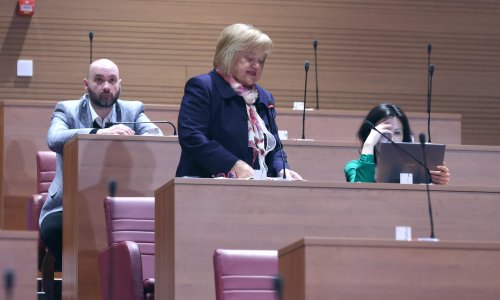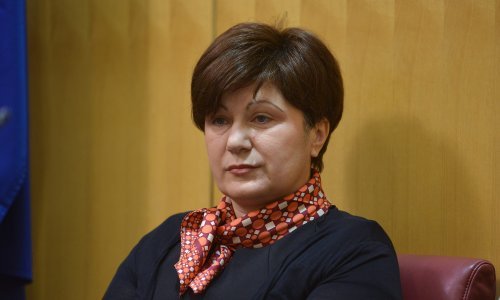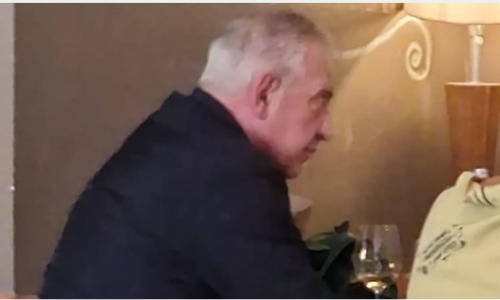The arrest of Josip Boljkovac and speculations about further arrests for war crimes committed during and in the wake of the Second World War might be a part of the tactics of Interior Minister Tomislav Karamarko to take over the Croatian Democratic Union (HDZ) after the likely defeat of the party in the forthcoming election, British weekly The Economist says.
Some were not surprised by the arrest of Josip Boljkovac, the minister of the interior when Croatia declared independence in 1991, it says, recalling that Boljkovac, who is almost 92, was like Franjo Tudjman in that he too had been a Partisan in Tito's victorious communist army, which took control of Yugoslavia at the end of the Second World War.
Also under investigation are Josip Manolic, who was prime minister when Croatia declared independence in 1991, and Rade Bulat, who is accused of war crimes dating from 1943.
"Some commentators in the region have linked the arrest of Mr Boljkovac to the image of the HDZ and the election, especially in the wake of the trial of Mr Sanader. However, others are speculating that this is not the case. ... According to the principle of cui bono or 'who benefits' one might consider the position of Tomislav Karamarko, Croatia's Minister of Interior who has been vocal on the subject of pursuing these men," The Economist says.
"After what today looks like the inevitable defeat of the HDZ, Mrs Kosor will be swept from leadership of the party and Mr Karamarko will be in a strong position to take over. If he has some former communist scalps in his bag, then regardless of how old they are, this will bolster his credentials amongst the nationalist hardliners who have felt pushed to the margins under Mrs Kosor," the article says.
The Economist said that last week was extraordinary for Croatia -- in addition to Boljkovac's arrest, Parliament was dissolved, President Ivo Josipovic called elections for December 4, it was announced that the ruling HDZ was being investigated for corruption, and former Prime Minister and HDZ leader Ivo Sanader went on trial.
The article put these events in the context of the green light which Croatia received in June to join the European Union in 2013. "The country did a huge job in modernising and reforming the state in order to be able to join. A big bit of that was to strengthen the judiciary and to show that everyone was equal before the law and that the executive did not interfere with the work of the judicial authorities."
"At the beginning few believed that these reforms would really mean that people at the very top would come under investigation, let alone go on trial. They were thus shocked when Ivo Sanader, prime minister from 2003 to 2009, was indicted and then arrested in Austria last December as he tried to flee. Finally his trial has started. The heart of the case is the allegation that Mr Sanader received backhanders from the Austrian bank, Hypo-Alpe-Adria," the weekly said, adding that Sanader had denied the charge of war profiteering in court.
"Early indications suggest that his line of defence is going to be that, if there was any wrongdoing, it was done by others, including Mate Granic, the former foreign minister," it added.
"The irony of the case is that it was Mr Sanader who modernised the HDZ and set it on the course for European accession which necessitated action against corruption. It was then his successor, Jadranka Kosor who opened the way for investigations into Mr Sanader and other top officials. The HDZ is under formal investigation by the country's anti-corruption agency over party financing during the elections of 2003 and 2007 and the presidential election of 2005, when Mrs Kosor was a candidate. Its critics say that this is the tip of the iceberg.
"Mrs Kosor is not personally under investigation. She told journalists however that the announcement was 'one of the hardest days for our party. This is an attempt to demolish the HDZ.' All this is fantastically good news for Kukuriku, the opposition coalition," as indicated by the latest opinion polls, the Economist said.
































